In 2004, I moved from Medan, Indonesia to Kuala Lumpur, Malaysia. At the time, I was barely four years old and was in kindergarten at an international school. What my younger self didn’t expect was that, for the next decade or so, she would find herself tied between two things — her address in Malaysia and her Indonesian passport. My name is Natasha and I’m going to tell you what it was like as an Indonesian growing up in Malaysia. This is my story.
Third-culture kid: What is it?
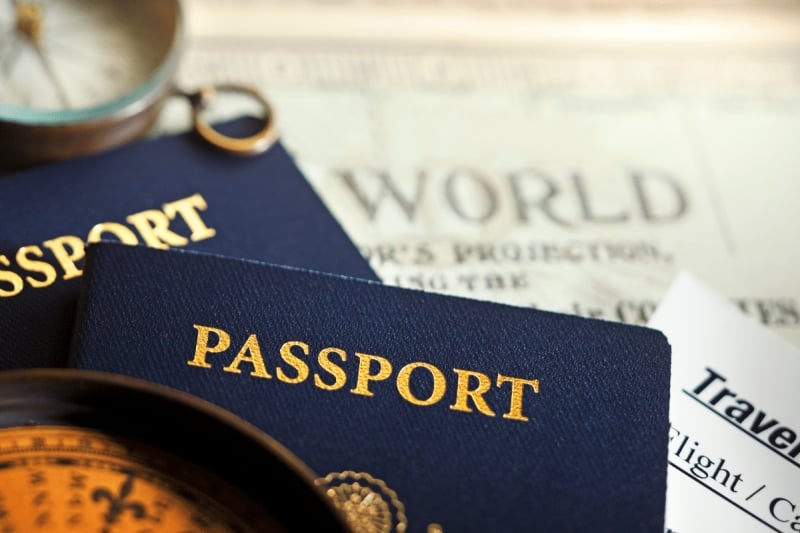
Image credit: DNY59 via Canva Pro
Third-culture kid is originally a term coined by American sociologist Ruth Useem. But I’ll break it down for you. To sum it up, it refers to the people who were raised in a different country, environment, or culture that is different from their nationality during their developmental years. I’m pretty sure I first encountered this phrase during the semester when I studied a Media, Culture, & Society class.
Sounds a little familiar? And I don’t mean the course I took in university.
If you were to think about it, the phenomenon of third-culture kids is quite real. It’s not just me. It could be your cousins living overseas, your Internet friends, and even you, the reader.
Was I Indonesian, or was I Malaysian?
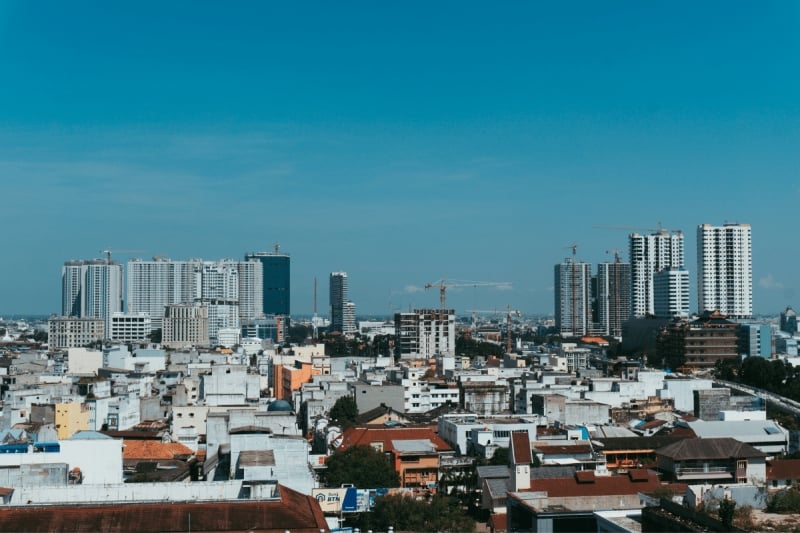
Image credit: Muhammad Amir via Canva Pro
For many Indonesians migrating to Malaysia, assimilation was easy. I could see why. Both Malaysia and Indonesia shared many similarities, especially in the language and some cultural aspects. But when you move to a different country while you’re just a young kid barely starting school, it was complicated to a certain extent.
For the longest time, I had an identity crisis. I didn’t grow up speaking Bahasa Indonesia because it wasn’t spoken at home. Mandarin was my first language and I primarily spoke in English because I went to an international school. Over the years, I picked up Hokkien because it was commonly spoken in Medan. There were various instances where the Hokkien I learned did incorporate Indonesian words, but I didn’t know enough to string a proper sentence.
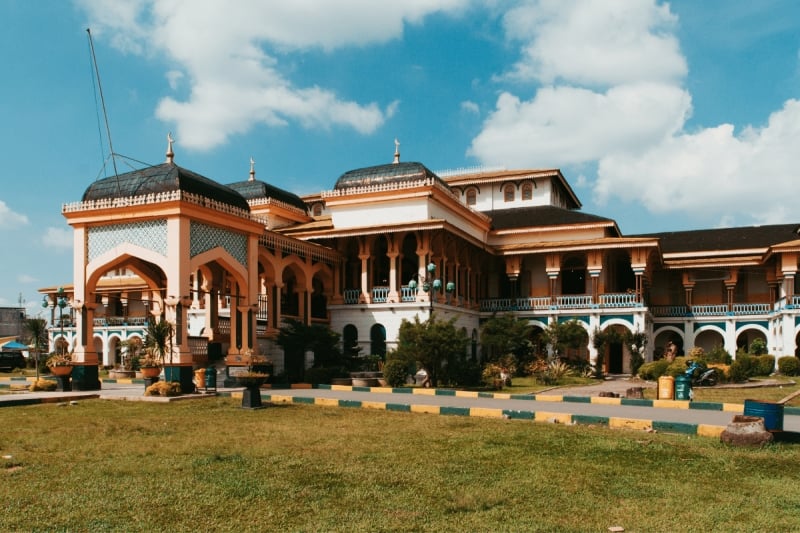
Image credit: Muhammad Amir via Canva Pro
Today, I still feel like a mess when it comes to being trilingual. Or, try-lingual, because I was prone to feeling tongue-tied when inserting myself into conversations. My Mandarin started to deteriorate after high school, and my brain buffered every time I switched to Hokkien. My Malay was weak and I was too fluent in English. Sometimes I wonder how I survived growing up in Malaysia, considering the language barriers I’d hit.
Plus, I wasn’t heavily exposed to Indonesian culture. I grew up around a lot of Western media (i.e., books, music, and films) and before I knew it, English started to take up that role in my life. I felt detached and ashamed, and I hated myself for not knowing anything. My passport was constant proof that I was Indonesian, even though I didn’t exactly identify myself as one.
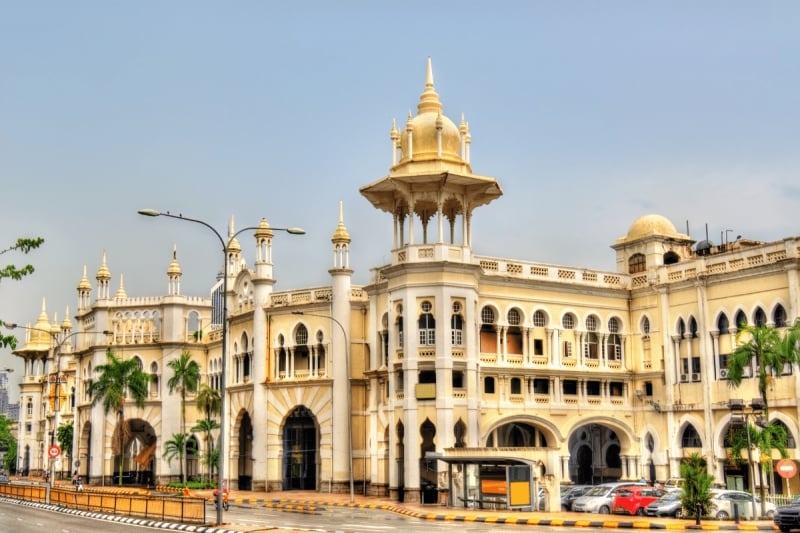
Image credit: Leonid Andronov via Canva Pro
As the years went by, I started to consider Kuala Lumpur my home. A lot of my current friends thought I was Malaysian at first, until I told them that I wasn’t. Apparently, I looked more Malaysian than Indonesian. I did make Indonesian friends while growing up in Malaysia, but I always felt like I was going to be judged for not speaking the same language. I was scared, thinking I was better off hiding in a corner.
On the occasions that I went back to Medan, I felt like a complete fish out of water. I felt more like a tourist revisiting the town, instead of a local coming back home. Everything was unfamiliar and familiar at the same time, and I can tell you it’s honestly the weirdest feeling.
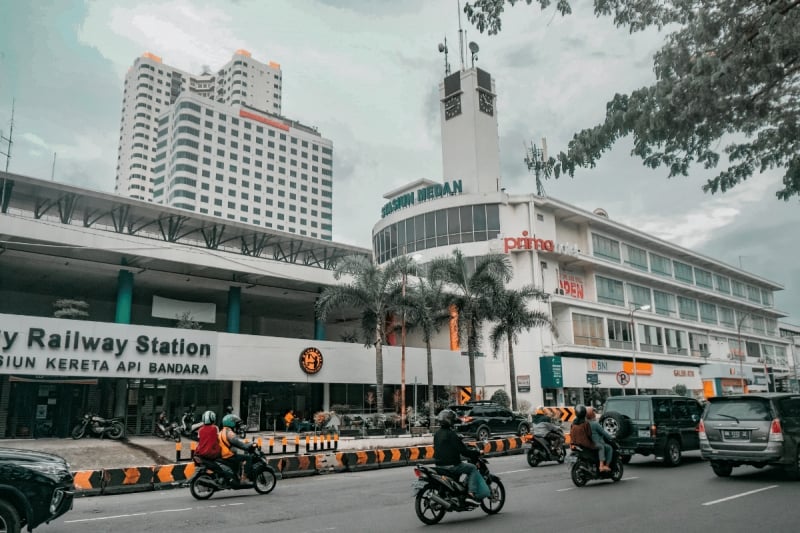
Image credit: Nurul Hasanah via Canva Pro
When people say a lot can happen in a year, they’re absolutely right. Every time I went back, I’d notice new things in my hometown. The last time I was there in early 2020, I saw that the Medan LRT was under construction. If you were to ask me, I think this was how parents probably felt when they realised their children grew up without them because they were away for so long. Growing up in Malaysia meant that I was on the other side of the sea, changing as quickly as Medan did.
Today, the roads in Medan felt more like a nostalgic memory than something I knew by heart. I recognised buildings and places, but I didn’t know the names of the streets. Now that I think about it, a part of me still wonders what it would’ve been like if I spent half of my life in Medan. Would I have felt more comfortable with my identity, or would I have felt just as lost?
Somehow, being a third culture kid meant that you constantly had to pick sides. For me, a part of growing up in Malaysia was living a life of irony. While I got to eat all the Indonesian food that I missed in KL, a part of me still craved a bowl of chilli pan mee. Then when I returned to KL, I’d start to miss the food I had in Medan three days later. It was this or that, and if you’re lucky enough, you could have both.
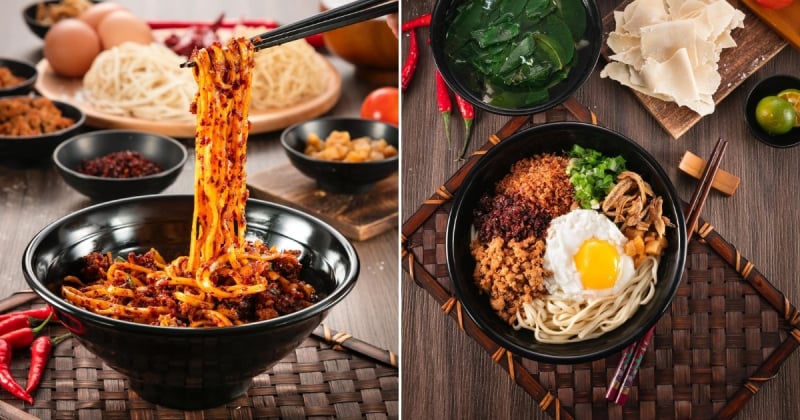
Image credit: Super Kitchen Chilli Pan Mee Official Facebook Page
Relearning what I missed
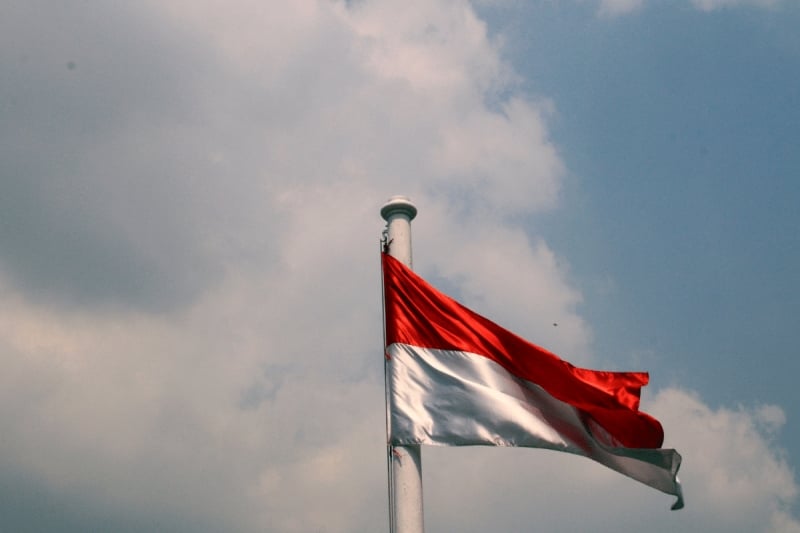
Image credit: JokoHarismoyo via Canva Pro
One thing I learned for sure, was that I wasn’t alone. Recently, I watched a video by Narasi that tackled the topic of anak Jaksel (young South Jakartans) in Indonesia. It was a part of the channel’s BONGKAR series and it also doubled as a collaboration with What is Up, Indonesia (WIUI) on Instagram. Both of the hosts, Andovi and Abigail, reflected on Indonesia’s sociopolitical aspects, and that was when I learned two things:
1. I wasn’t the only one
I was just a speck, a mere dot in a sea of Indonesians living abroad. There were many third-culture kids who couldn’t speak Bahasa Indonesia or whichever language their parents spoke. On top of that, there was a huge possibility that there were tons of people in the world who was clueless about their country’s history, culture, and everything in between.
It’s okay if you feel experienced and felt what I went through. It’s okay if you don’t know how to speak the language your parents grew up with. Most of all, it’s okay to feel detached from your roots and identity. Your feelings and thoughts about yourself are completely valid.

Image credit: Rendy Novantino
2. There’s always still time to learn everything
I know I’ve said that you could find tons of online resources on what it’s like to grow up as a third-culture kid. But the same goes for learning more about your roots. A great place to start would be through food. A country’s food is often a piece of history, and you can immerse yourself in the flavours and spices it brings. Look up recipes if you want to try cooking them, and if you ever decide to go back, get the street food.
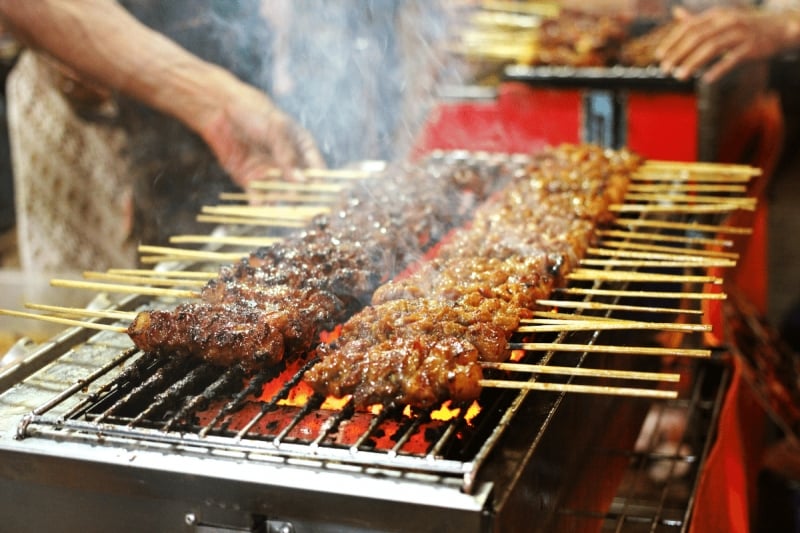
Image credit: Nita Anggraeni Goenawan
Media representation is important in many forms, and maybe you can find a piece of yourself in books, music and film. For me, I loved how Jesse Q. Sutanto’s book, Dial A For Aunties featured an immigrant Chinese Indonesian family. I saw so much of myself in Meddy (the main character), and I could relate to a lot of aspects of her life. Add a new show or movie to your watchlist, and listen to local artists.
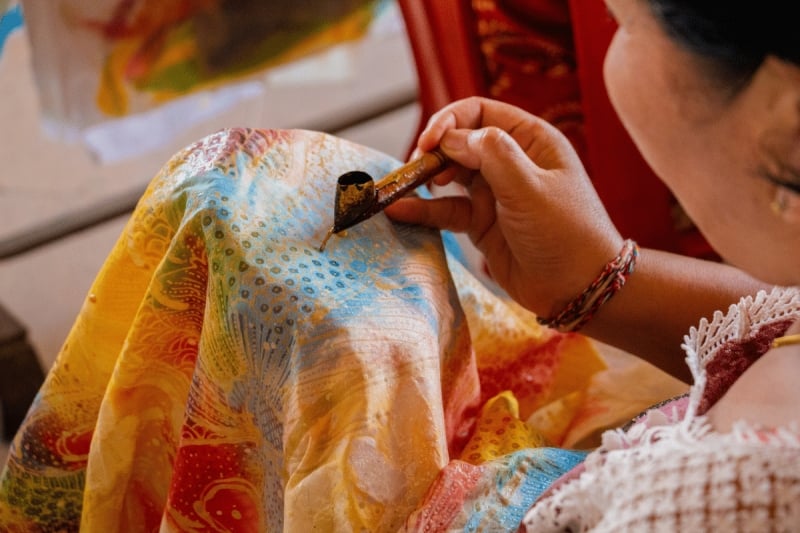
Image credit: AnglesNViews via Canva Pro
On the non-fiction side of things, you can read up on history and sociopolitics, and try to keep up with the news in your home country. Take up a language course in your free time, and there are tons of them online! Even Duolingo, who’s probably breathing down my neck right now for abandoning my Indonesian lessons for the past six months or so. Either way, it’s the effort that counts!
Also read: 10 Reasons Why You Should Learn the Local Language Before a Trip
Finally, talk to someone. Confide in your friends and family. Ask if they can help teach you a thing or two. A month is more than enough to compensate for what you’ve missed in years.
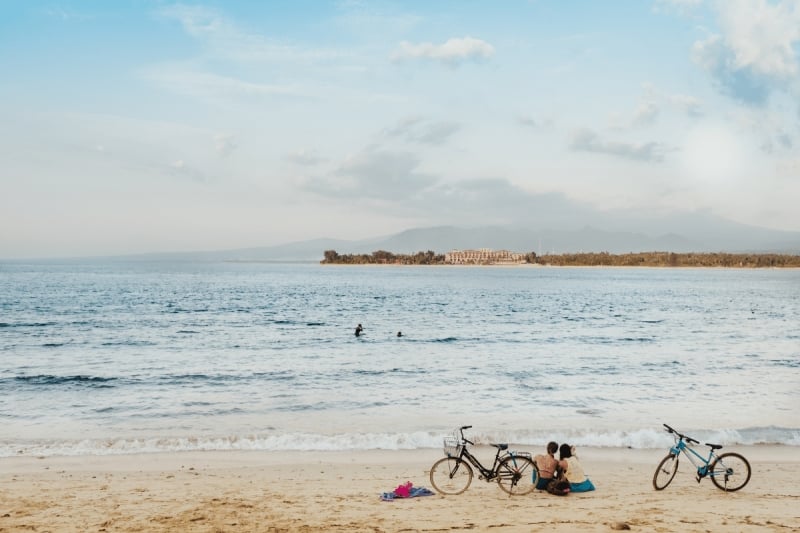
Image credit: Bernard Hermant
I had to unlearn and overcome many personal fears. I’m still in the process of embracing my identity. You’re not alone, reader. I’m here for you. We all are. I hope my story will help you as much as it helped me.
If you’ve got any travel stories of your own that are totally worth telling, let us know here!
Featured image credit: MasterLu via Canva Pro




